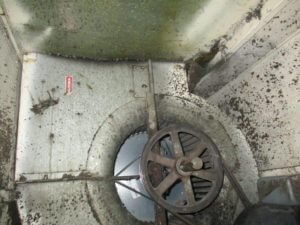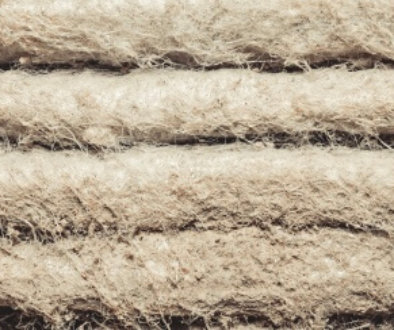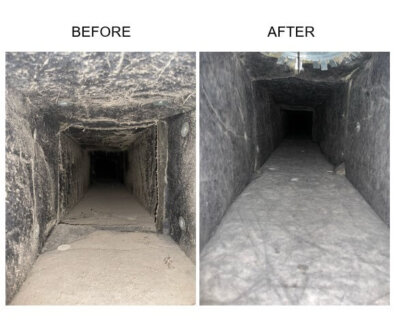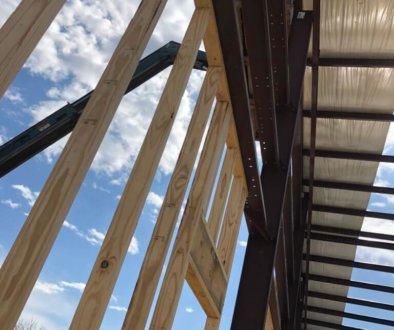HVAC Systems Breakdowns 5 Reason Why And How You Prevent Them
 Heating ventilation and air conditioning (HVAC) is one of the most important systems in your commercial building or even in your house, providing fresh air and heat to create a comfortable living space for you and people around you. However, the HVAC system breakdowns will get out of hand if you don’t take protective measures.
Heating ventilation and air conditioning (HVAC) is one of the most important systems in your commercial building or even in your house, providing fresh air and heat to create a comfortable living space for you and people around you. However, the HVAC system breakdowns will get out of hand if you don’t take protective measures.
In this article, we list five reasons behind HVAC systems failures and how to prevent them from happening.
Clogged Filters
If you don’t check and replace your filters regularly, it’s likely that dust and debris are causing the malfunctions. Clogged and dirty filters causes HVAC systems to work harder and consume more energy as well reducing the lifespan of the device and causing system failures.
Thermostats Malfunctions
Thermostats are designed to measure the temperatures of your HVAC system and perform automated actions accordingly. When a thermostat malfunctions, it could cause the whole system to break down.
The Refrigerant is Leaking
Refrigerant is a substance or a mixture of substances that absorbs heat from the surrounding environment to provide air conditioning.
When the refrigerant is leaking your AC system will exert more energy and work harder than usual which leads to higher energy bills and the eventual failure of the system.
Improper Installation
Installing HVAC systems in your building can be a big investment. Many businesses focus on cutting costs and end up hiring unqualified contractors to install their HVAC equipment.
Improper installation can reduce system efficiency by up to 30 percent, so make sure that you hire reputable qualified technicians to avoid costly repairs and higher energy bills.
Lack of Maintenance
 Minor unchecked malfunctions can lead to bigger problems in your HVAC system and expensive repairs. A series of small undetected or neglected problems within your HVAC system can prevent it from performing optimally as well as leading to a system breakdown.
Minor unchecked malfunctions can lead to bigger problems in your HVAC system and expensive repairs. A series of small undetected or neglected problems within your HVAC system can prevent it from performing optimally as well as leading to a system breakdown.
You Can Prevent HVAC System Breakdowns
Audit Your Current Energy Usage
On average, heating ventilation and air conditioning (HVAC) make up 40 percent of a building’s overall energy consumption, so your energy bill can tell you a lot about how your HVAC system is performing.
.
Analyzing your facility’s consumption data allows you to know how and where energy is consumed and to know if your HVAC systems are overconsuming and costing you money.
Optimize Your Existing HVAC Systems
Since HVAC systems can account for a large amount of your energy bill and ensures the comfort of your employees, it’s important to keep your appliances running smoothly to lower your bills and avoid costly repairs. Here are a few guidelines to follow:
Change your filters regularly: replacing dirty and clogged filters can reduce your energy bill by 5-10%. Change them on a monthly or every quarter at maximum.
Seal heating and cooling ducts: Sealing and insulating ducts may be a simple thing to do but it can enhance efficiency by 20 percent.
Use programmable thermostats: Programmable thermostats are pre-set to reduce the temperatures and the energy consumption when your building is empty such as in evenings and weekends which saves you hundreds of dollars annually.
Regular Maintenance
You may think that regular maintenance of your HVAC systems may cost money, but it pays off in the long run. An ounce of prevention costs much less than a pound of cure in this case. In fact, it can reduce your costs by 40 percent.
Not only that maintaining your equipement regularly can help you save costs in repair and damages as a result of neglect, your equipment will also last longer.




